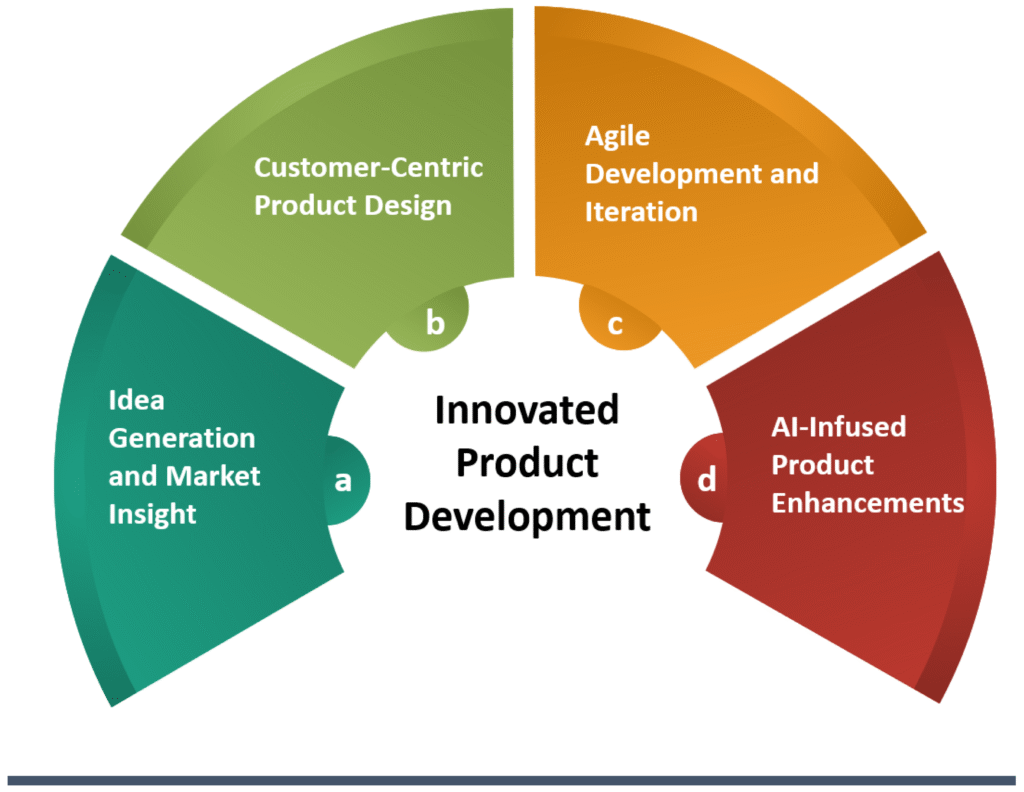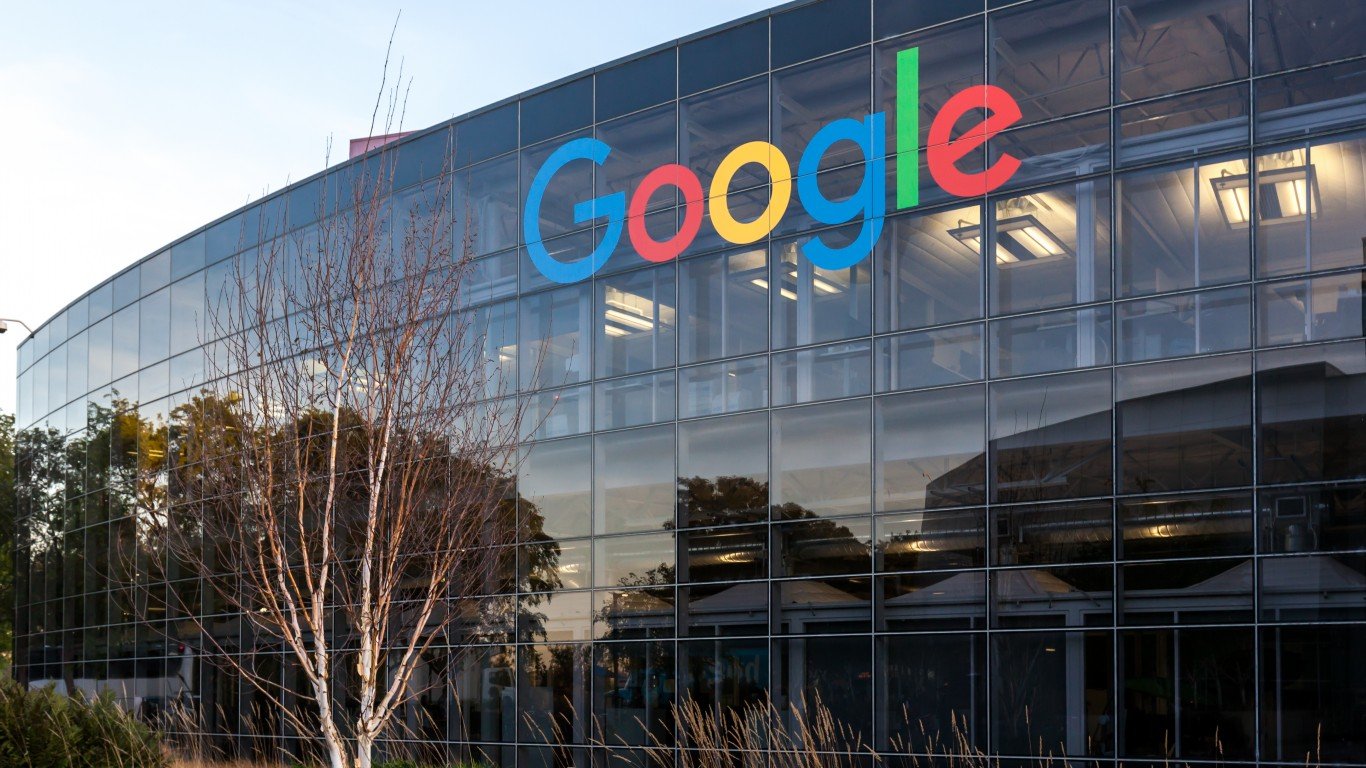June 15, 2025 | TechThrilled Press Desk
In a significant and potentially industry-shifting development, Google is reportedly preparing to end its partnership with Scale AI, a move that has sent ripples across the artificial intelligence and tech sectors. The decision, though not officially confirmed by either party at the time of this writing, has been substantiated by multiple sources close to the matter and reported by several credible outlets.
This unfolding story marks a sharp turn in the relationship between two of the biggest names in the AI ecosystem. Scale AI, founded in 2016 by Alexandr Wang, has been one of the most prominent players in the data labeling and infrastructure support space—key services required to train advanced AI systems. Google’s alleged move to part ways with the startup comes amid increasing scrutiny of AI supply chains, changing internal strategies, and rising ethical and political considerations regarding the development and deployment of artificial intelligence.
Background: The Google-Scale AI Relationship
For years, Scale AI has served as a critical third-party partner for tech giants looking to train large-scale AI models. The company provides the crucial infrastructure and data annotation tools needed for supervised machine learning, including labeled image, video, 3D, and text datasets. This work is particularly important for training advanced models such as Google’s Gemini and other generative AI technologies.
While Scale AI has traditionally remained behind the scenes, its contribution to powering systems used in autonomous vehicles, defense projects, and generative AI has been monumental. It counts major players such as OpenAI, Meta, Microsoft, and the U.S. Department of Defense among its clients.
Google reportedly partnered with Scale AI to bolster its internal AI development, especially as competition with OpenAI and Microsoft intensified in 2023 and 2024. However, sources indicate that Google has been re-evaluating its dependence on external data infrastructure providers as it pushes to internalize more of its AI workflows and minimize reputational risks.
Why Is Google Cutting Ties?
According to insiders and multiple news sources, Google’s decision appears to be driven by a combination of strategic realignment and reputational risk management. Several key factors contribute to this decision:
1. Increased Internal Investment in AI Infrastructure
Google has significantly scaled up its own AI infrastructure in recent years. With the launch of its Tensor Processing Units (TPUs), acquisition of smaller AI startups, and the expansion of in-house labeling and model tuning teams, Google is becoming increasingly self-reliant. By bringing more AI training workflows in-house, the tech giant hopes to maintain greater control over data quality, speed, and compliance.
This vertical integration not only reduces dependency on external vendors like Scale AI but also enhances Google’s agility in deploying new models quickly and securely.
2. Reputation Management and Ethical Concerns
Another major factor appears to be concerns around Scale AI’s contracts with government and defense agencies. The company has recently come under fire for its work on surveillance and military-grade AI systems, including contracts with the U.S. Department of Defense and Homeland Security.
In a climate where AI ethics are under a magnifying glass, Google may be distancing itself from any association that could spark backlash or criticism, especially given its own turbulent history with employee protests related to military AI projects like Project Maven in 2018.
3. Strategic Differentiation Amid AI Race
With OpenAI backed by Microsoft and Anthropic partially backed by Amazon and Google itself, the race to dominate AI is increasingly defined by who controls the data pipeline. Google may believe that working with Scale AI, which also serves its fiercest competitors, compromises its competitive edge.
By disengaging from Scale AI, Google signals a stronger commitment to building proprietary AI systems from the ground up, thereby eliminating shared dependencies and securing greater long-term advantage.
Industry Impact: Shockwaves Across AI Ecosystem
If the reports are accurate, the fallout from this break could reshape how the AI industry operates.
A. Scale AI’s Future
Scale AI, valued at over $13 billion as of its last funding round, could experience both reputational and financial ramifications. While it has diversified its client base significantly, losing a powerhouse like Google could dent investor confidence and lead to greater scrutiny from the public and media.
However, the startup remains deeply embedded in multiple high-growth areas like autonomous vehicles, generative AI, and national security, which might help buffer against immediate losses.
B. Vendor Consolidation Trends
Google’s move reflects a broader trend toward vendor consolidation and internalization in AI development. Big Tech companies are reassessing which components of their AI stacks can be outsourced versus developed internally. This could spell trouble for smaller AI infrastructure vendors that lack the scale or specialization to compete with hyperscalers’ in-house teams.
C. Ethics and Governance Pressures
As scrutiny over AI ethics intensifies, partnerships will increasingly be judged not just on performance and pricing, but also on perceived alignment with ethical standards. Google’s potential decision may serve as a wake-up call for the industry to implement stronger governance frameworks and transparency measures.
Broader Implications: Shifting Dynamics in AI Development

1. In-House vs. Outsourcing Debate
The central takeaway from this development may be that the era of large-scale outsourcing in AI training is being reconsidered. Companies like Google, Apple, and Meta are increasingly viewing AI model training as a sensitive, core function that must be protected from external dependencies.
2. Government Oversight and Political Winds
With U.S. lawmakers pushing for stricter AI regulations, including audits and transparency on how datasets are sourced and labeled, tech giants are preemptively restructuring their AI supply chains. Cutting ties with companies involved in defense-related work may be a strategic way to stay ahead of potential regulatory pitfalls.
3. Open Source and Open Data Movements
This shift might also boost the open-source AI movement. As trust in third-party vendors wanes, more companies may look to community-driven datasets and open-source labeling tools to reduce costs and improve transparency.
What’s Next for Google and Scale AI?
Neither Google nor Scale AI has issued a formal statement as of this writing. However, industry watchers expect further developments in the coming weeks, potentially including:
- A formal press release from Google explaining the strategic rationale.
- Statements or counter-messaging from Scale AI to assure investors and clients.
- Announcements of new partnerships or internal restructuring within both companies.
There’s also speculation that Google may ramp up investments in smaller, niche AI infrastructure startups or even double down on internal tools like Vertex AI and PaLM APIs, using the break from Scale AI to signal a more independent future.
Conclusion: A Strategic Realignment with Deep Ripples
Google’s reported decision to cut ties with Scale AI is more than just a change in vendor—it’s a reflection of broader transformations across the tech industry. From ethical accountability and geopolitical risk to technological sovereignty and data integrity, the incident brings to light how deeply interconnected AI innovation has become with global governance and corporate philosophy.
As the AI race intensifies, moves like this may become more common, signaling an industry in flux—where speed, ethics, and ownership of AI infrastructure define who leads and who follows.
External Links for Further Reading:
- https://techthrilled.com
- https://techthrilled.com/category/press-release/
- https://www.scale.com/
